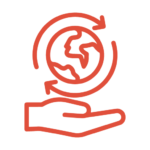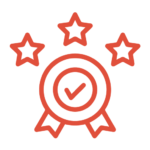AquaBoreal and its main partner, the Altamar Group, are aiming to set up a major land-based aquaculture project in Baie-Trinité, Quebec, in order to produce 100% natural Atlantic salmon, without chemicals or antibiotics and using the Recirculating Aquaculture System (RAS). Creator of many jobs and generator of wealth for the North Shore and the MRC of Manicouagan, AquaBoreal hopes to eventually produce 100,000 tons of salmon per year through responsible land-based aquaculture. The first phase of 10,000 tonnes for the local market is scheduled for 2025.
AquaBoreal
Our team
AquaBoreal was born in 2021 from the business relationship between Leopold Landry, a veteran of the fish market in Quebec and internationally, and Eduardo Kipreos, CEO of Altamar, who joined forces to propose a sustainable and innovative land-based aquaculture project in Quebec.Today, AquaBoreal’s co-founders are joining forces with the best experts to make this project a truly sustainable and responsible business model on a global scale.
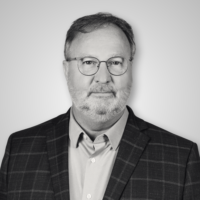
Leopold Landry
Co-founder, Strategic Partner
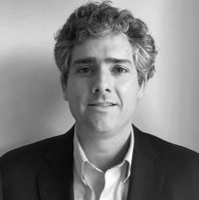
Nicolás Cox
Managing director, Altamar Group
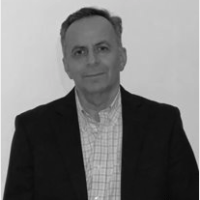
Eduardo Kipreos
Co-founder, Executive chairman of the board of directors
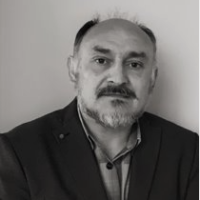
Manuel Godoy
Co-founder, Technical director
Our partners
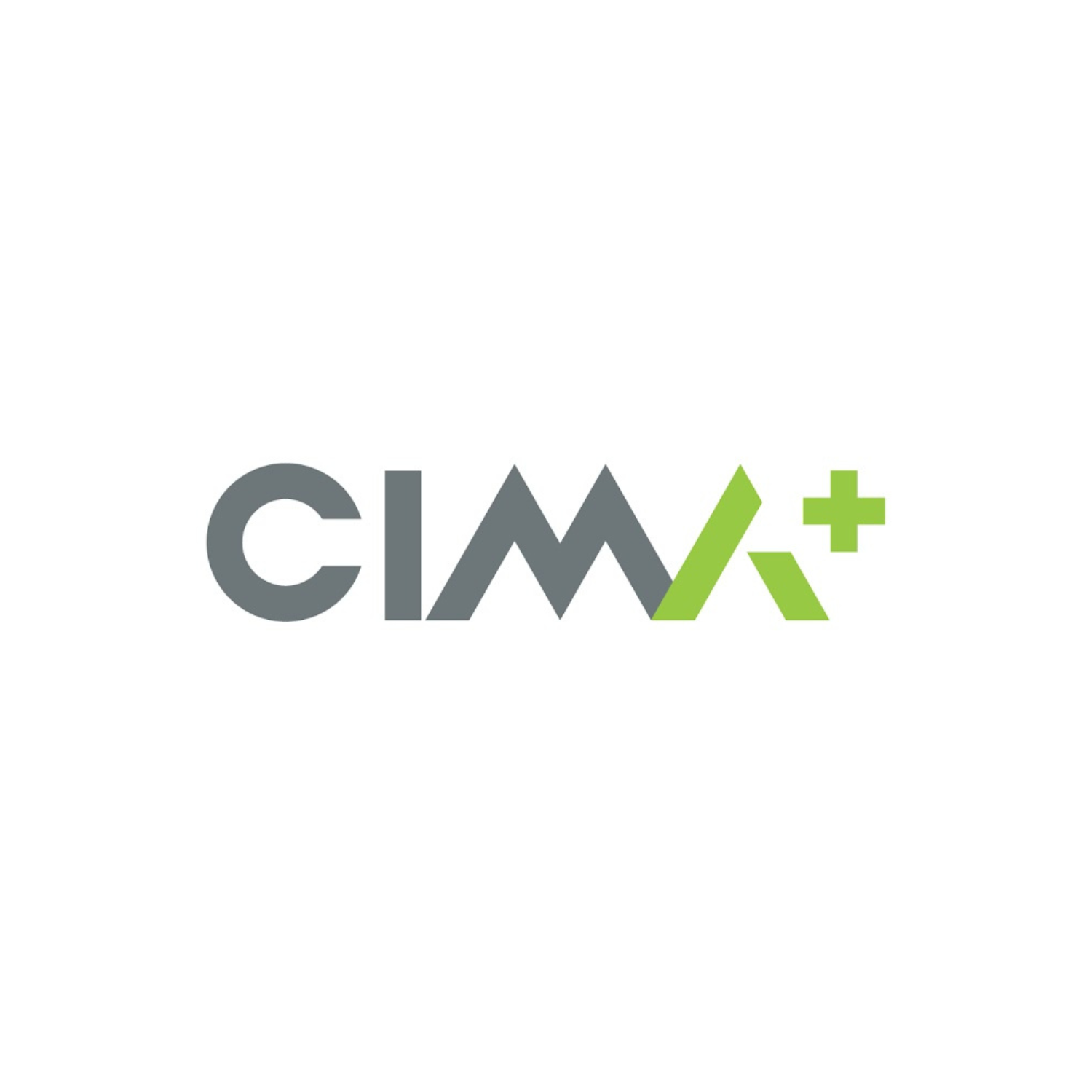
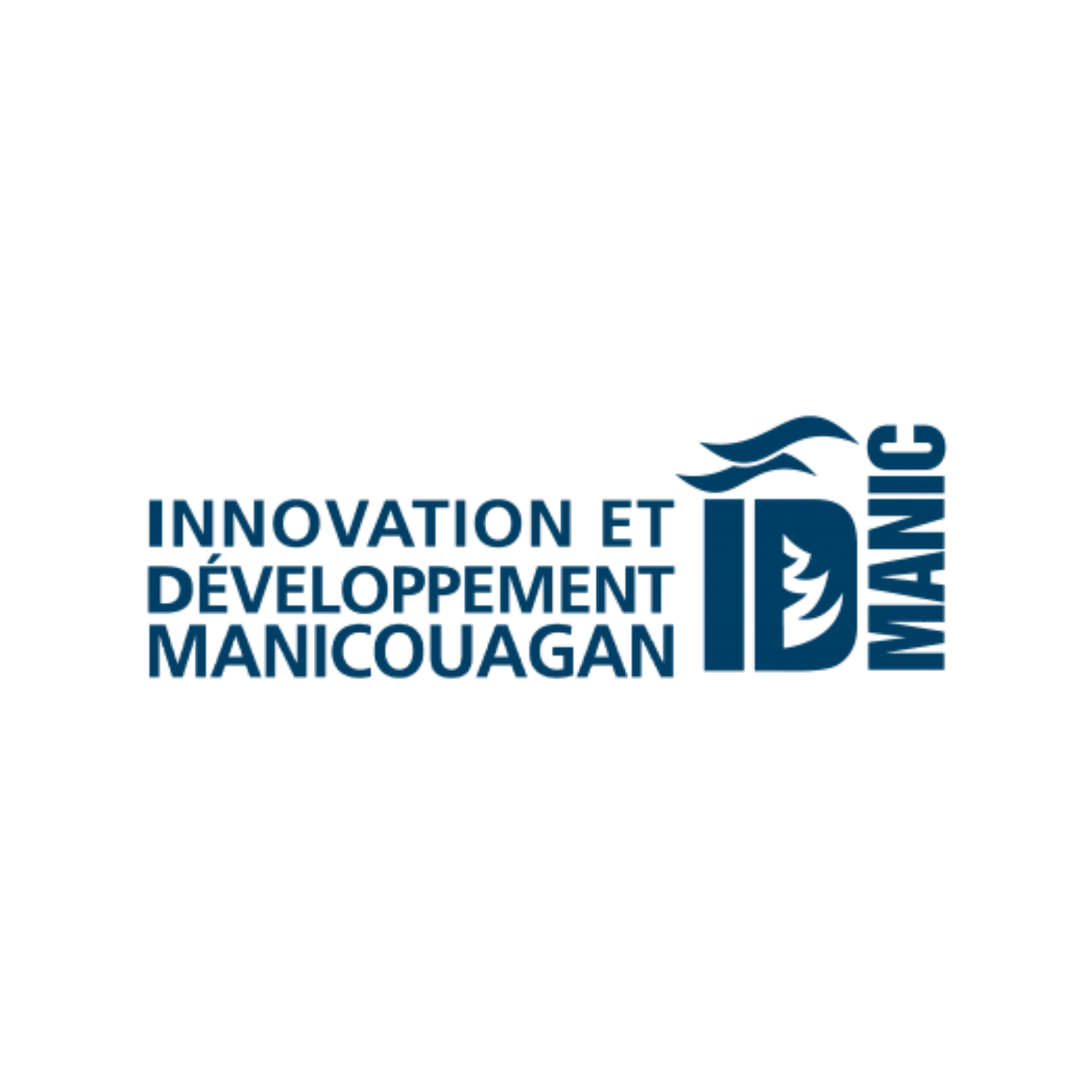
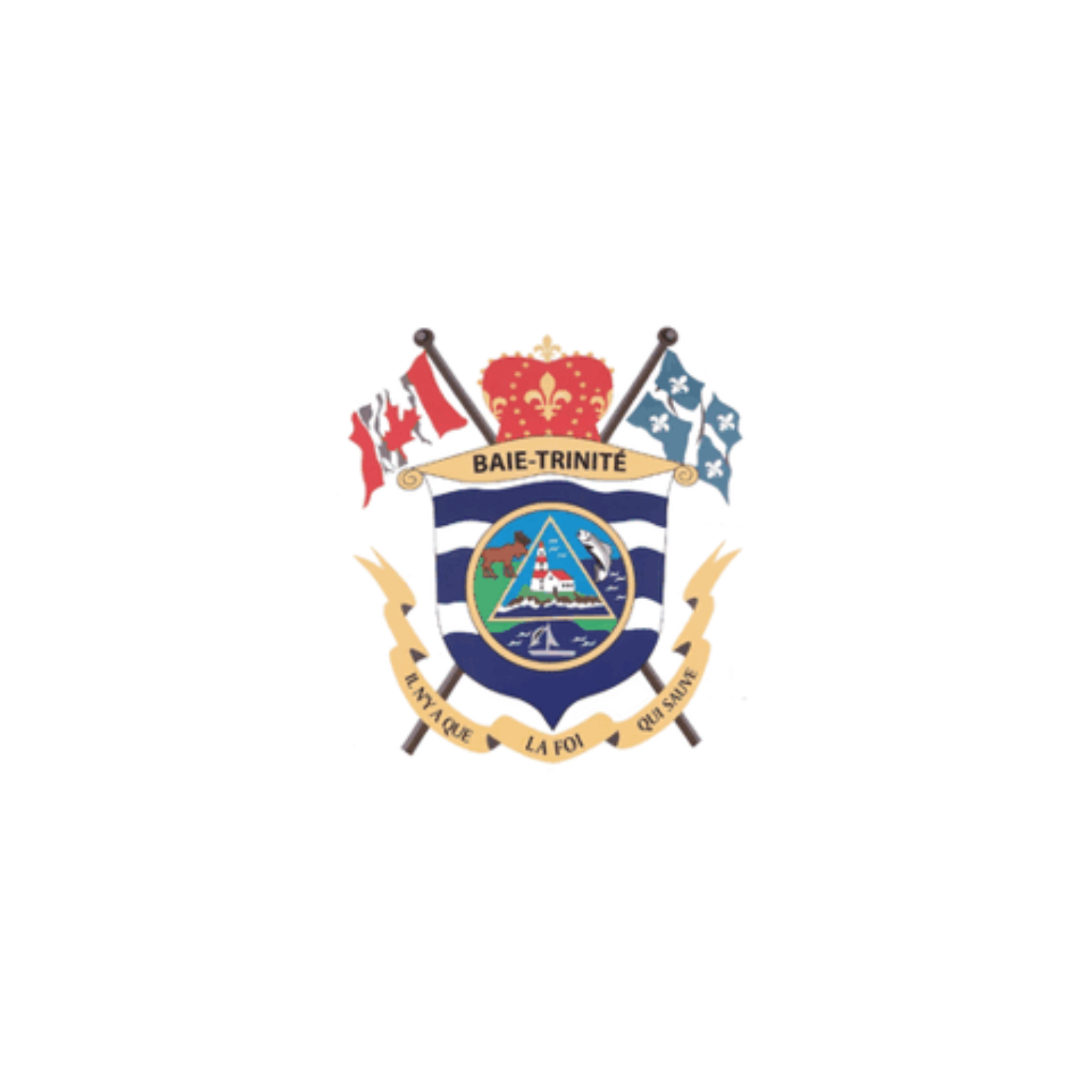
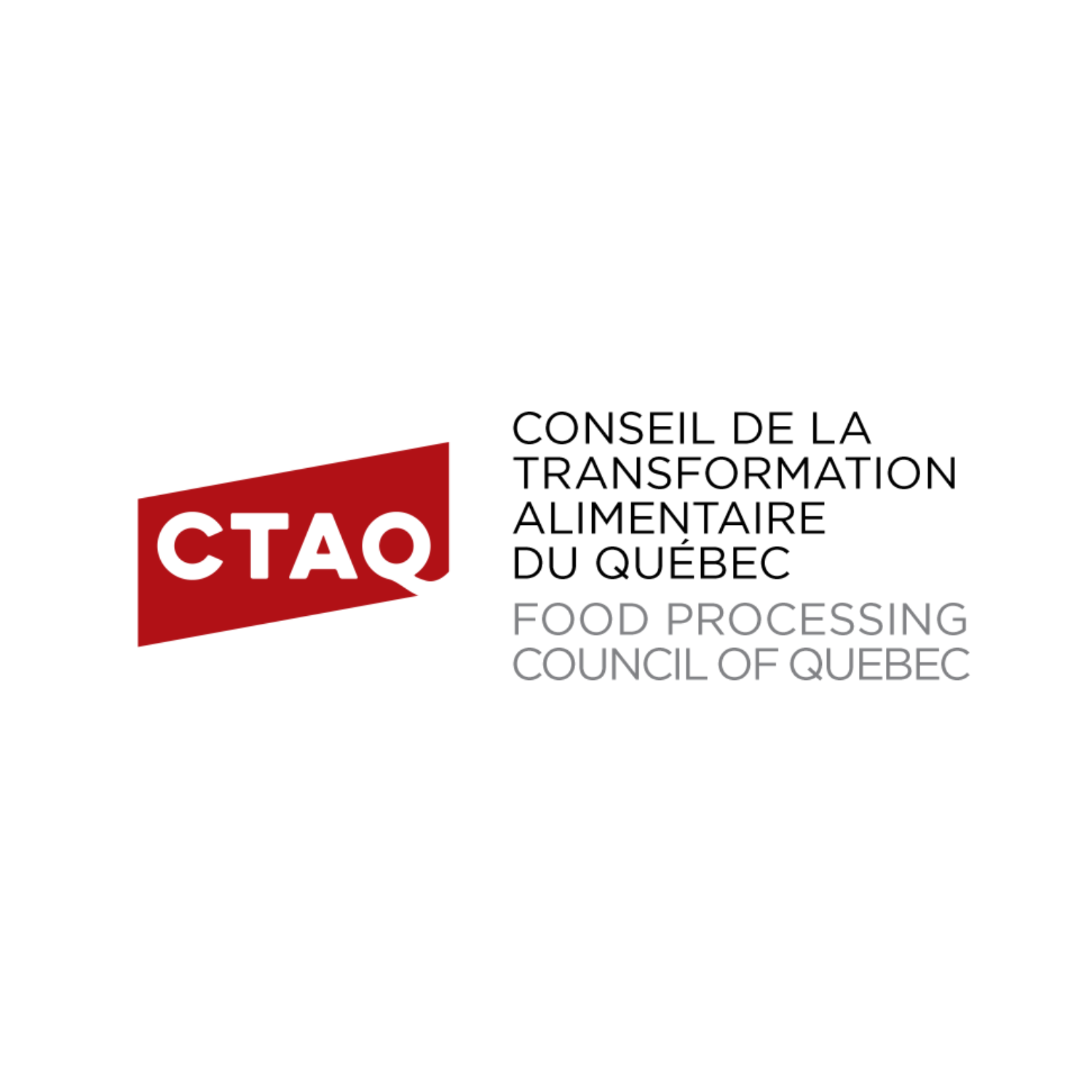
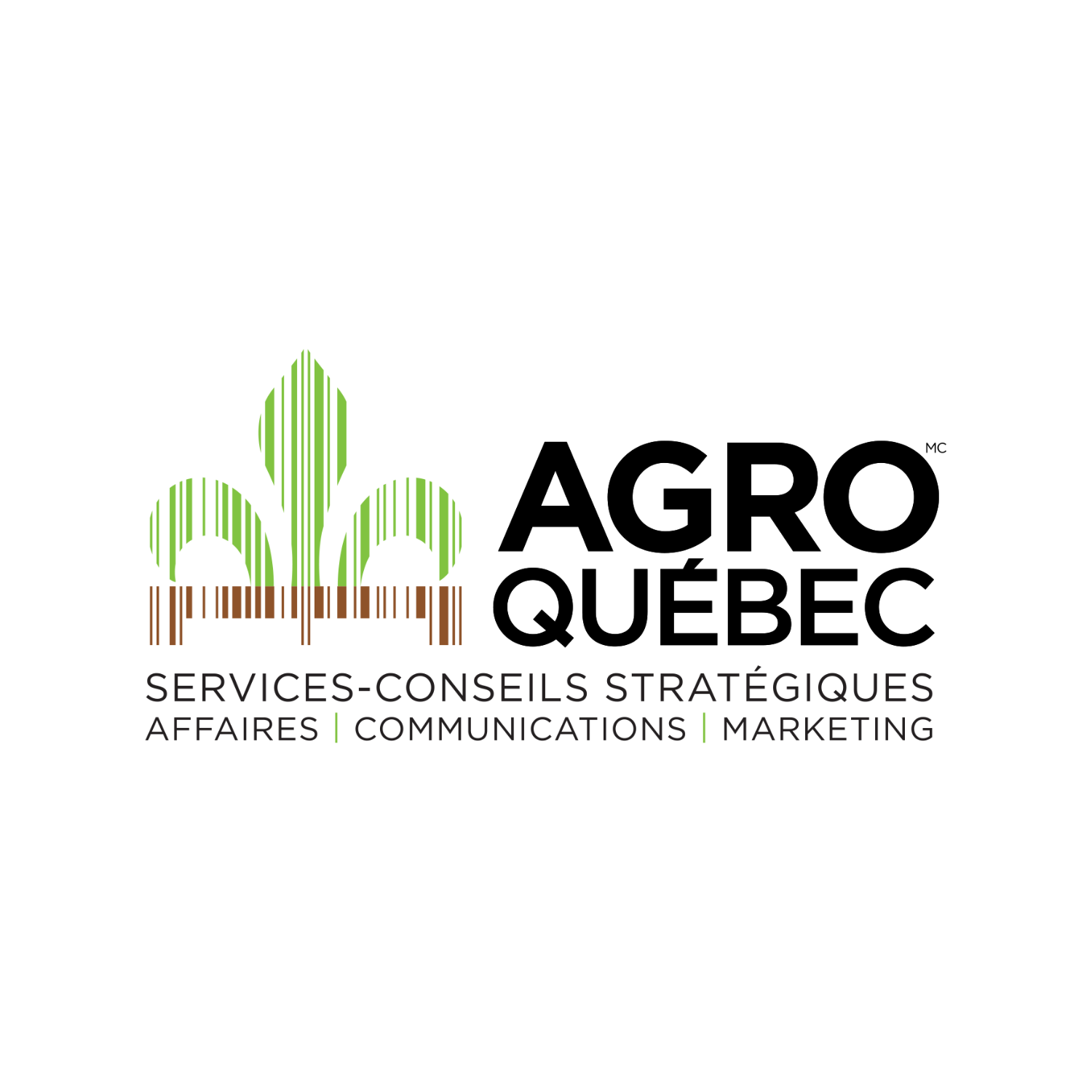
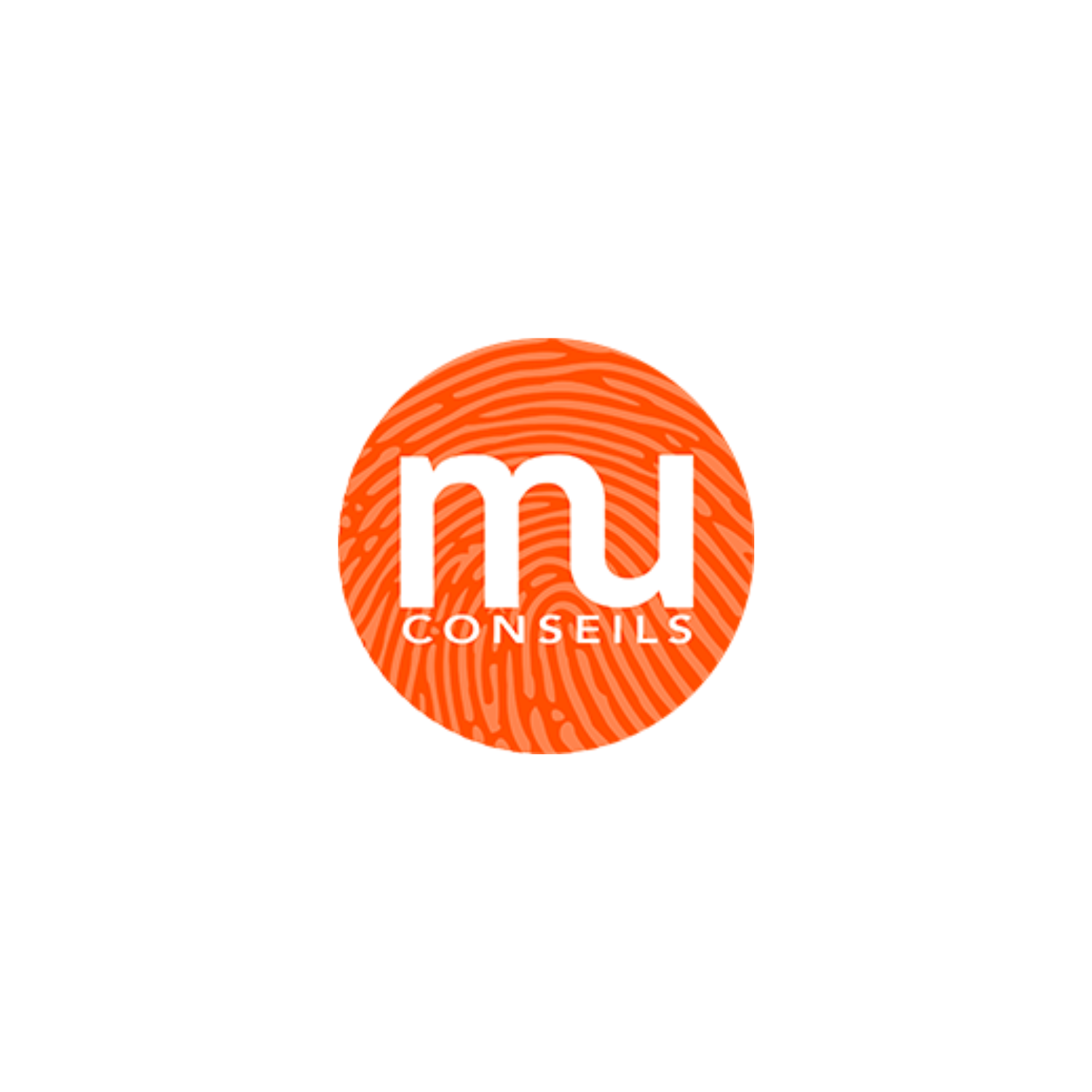
An Altamar Group company
The Altamar Group brings together three major fish production and processing companies in Chile, Argentina and Peru, and is among the first companies in the world to undertake a pilot project for the fattening of Atlantic salmon using RAS technology. For 20 years, the group has been distributing aquaculture products to major Canadian and U.S. supermarkets.
By partnering with its collaborators, technical and strategic partners for more than 30 years in numerous international projects, the Altamar Group combines the best teams, unique experience and know-how, quality locations, as well as the production of excellent fish, raised to meet the highest expectations of the industry and the consumers.
Experience
Expertise
Innovation
Impact on the North Shore
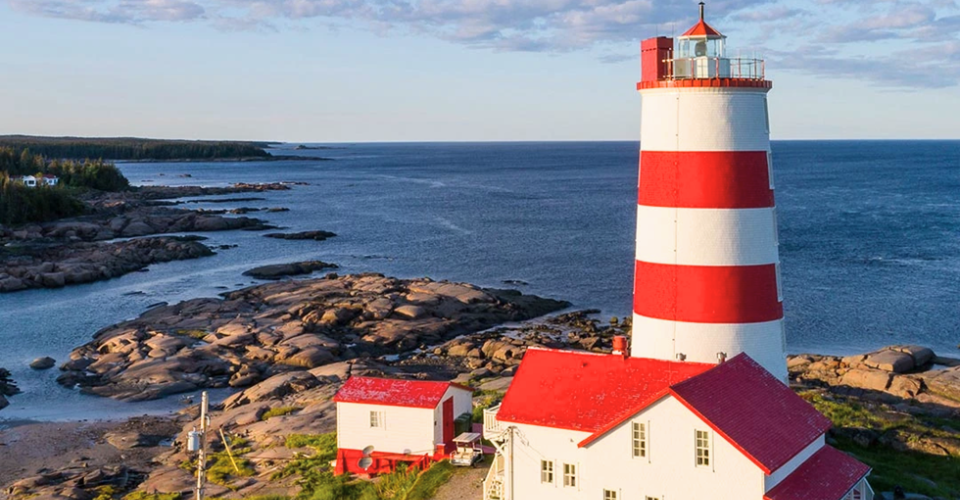

Founded in 1955, the municipality of Baie-Trinité is located in the Manicouagan RCM on the North Shore of Quebec and is an integral part of the Manicouagan-Uapishka Biosphere Reserve. The village lives mainly from tourism, fishing, and seafood processing.
Located east of the village, in the Petit-Mai sector of Baie-Trinité, AquaBoreal’s land-based aquaculture project is located in the heart of maritime Quebec, bordered by the Gulf of St. Lawrence. This location ensures the optimal quality of AquaBoreal salmon, raised in pure seawater, drawn from deep down directly from the Labrador Current.
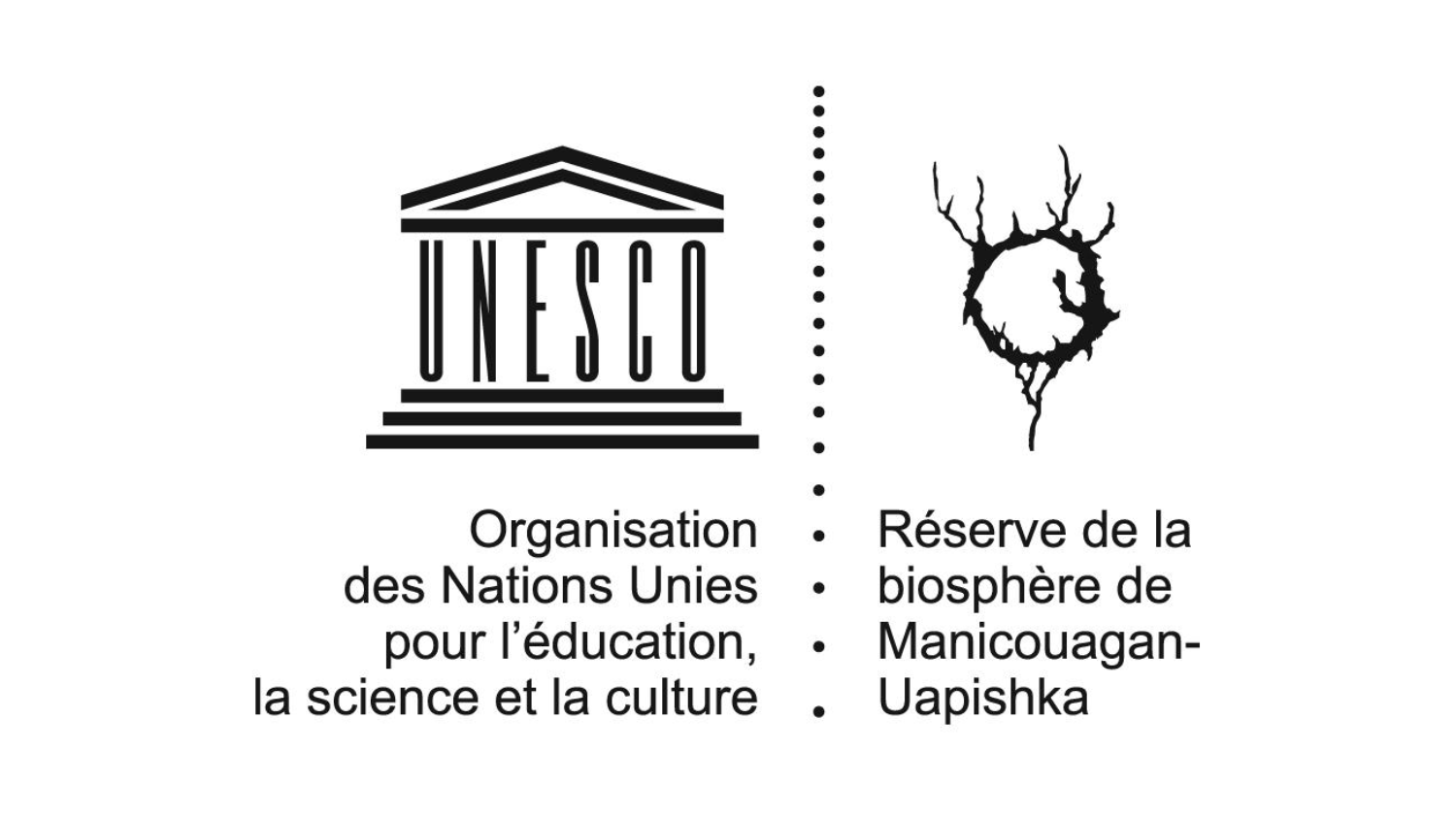
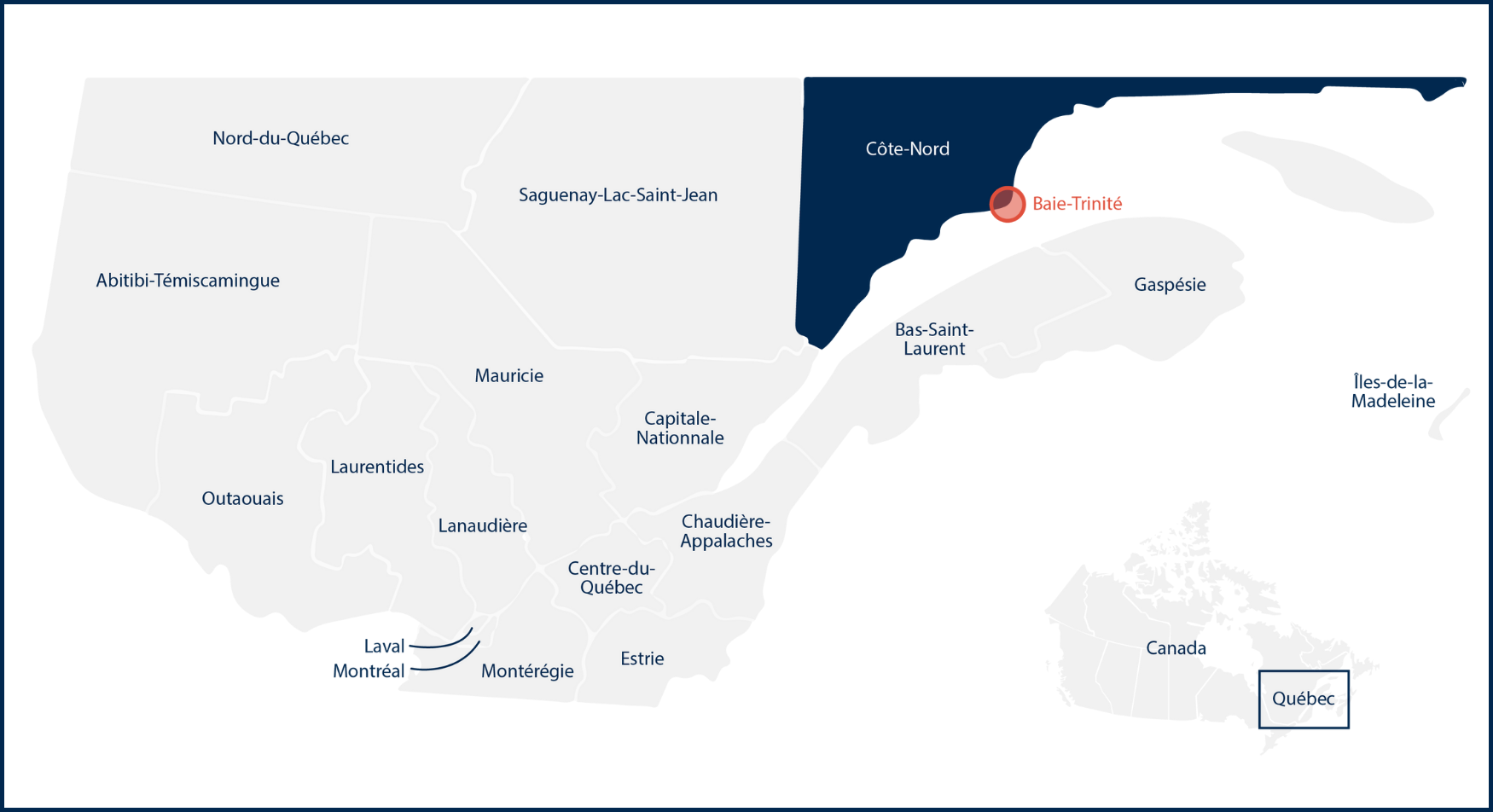
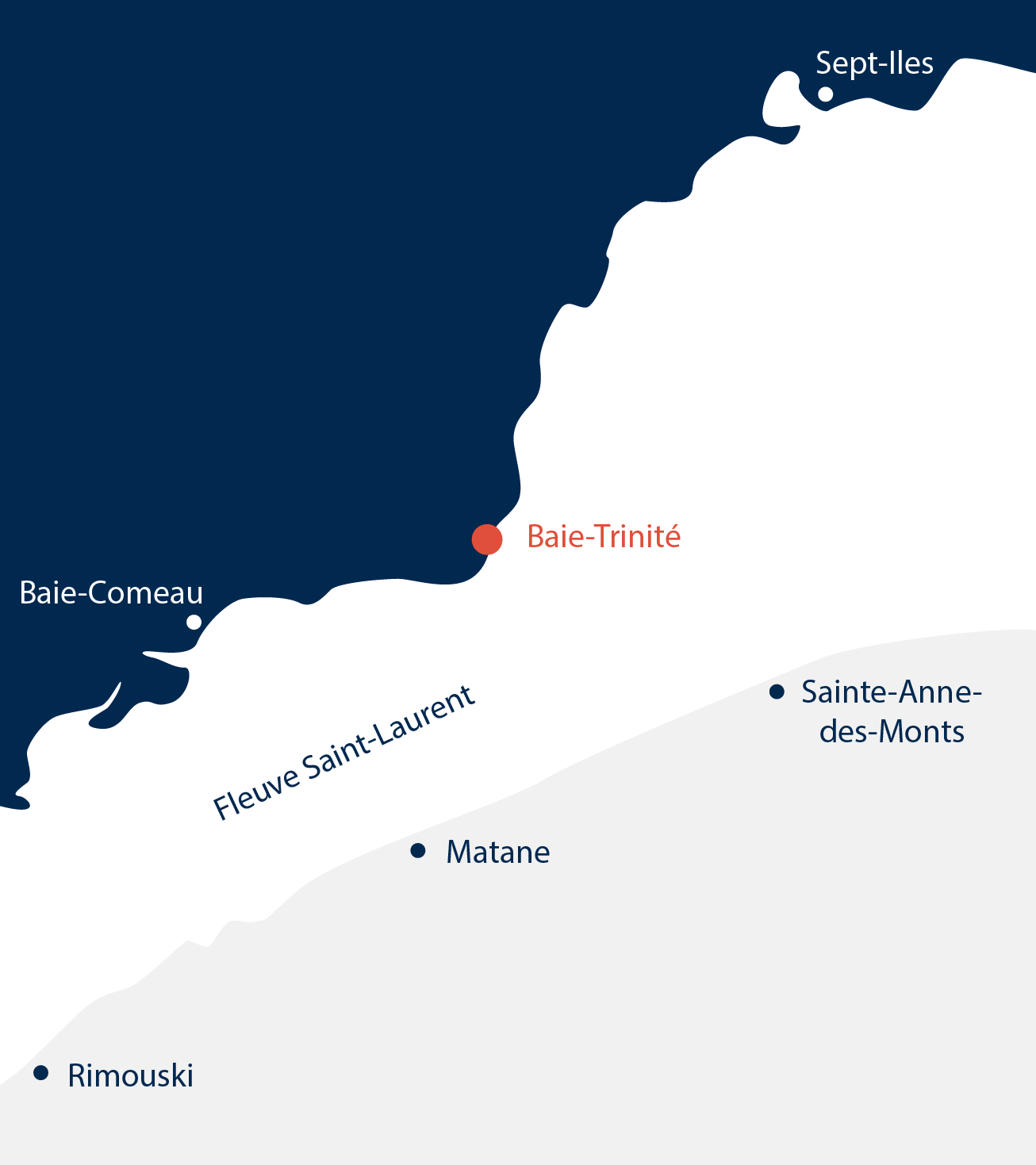
Sustainability
Salmon aquaculture in the region will actively contribute to the economy of the North Shore and the fishing industry, while offering concrete solutions to current climate change issues, such as limiting GHG emissions, thanks in particular to the creation of synergy with distribution networks. AquaBoreal is committed to a salmon culture that respects nature by using green energy as well as water of the highest quality.
Job opportunities
Phase 1 of the AquaBoreal project will generate many jobs, both in production and administration. These will be quality jobs, sources of wealth for Baie-Trinité and the MRC de Manicouagan. AquaBoreal’s initiative has all the potential to quickly revitalize the village of Baie-Trinité and its population, while mobilizing all the communities in the region.
Food autonomy
In total, 80% of Quebec’s seafood products are exported outside the province when, ironically, nearly 85% of Quebecers’ consumption comes from foreign markets. AquaBoreal, with this large-scale project, aims to meet the food autonomy objectives set by the Government of Quebec in its bio-food policy.
Export
By developing a robust RAS aquaculture industry, the North Shore will have the opportunity to diversify its economy and revitalize its communities. An innovative aquaculture project offers the region the opportunity to export high-quality products to national and international markets, boosting trade and generating additional income for local communities.
01.
Quality
02.
Environment
03.
Innovation
04.
Opportunity
Our salmon
The Recirculating Aquaculture System (RAS) helps meet the growing global demand for salmon while preserving wild stocks that are often overfished. By controlling environmental conditions such as water quality and temperature, the Recirculating Aquaculture System (RAS) ensures optimal rearing, reducing the risk of diseases and parasites. RAS aquaculture allows for rigorous traceability; Ensuring consumers with high-quality products that meet strict health standards, while limiting negative effects on the marine ecosystem, thereby reducing the overall environmental impact of the aquaculture industry. In addition, AquaBoreal is committed to taking care of and responsibly handling the fish on its farm, ensuring their good health, safety and proper treatment. A well treated fish will provide a tasty and quality source of protein.
Atlantic salmon
100% natural
Renewable energies
No antibiotics or chemicals
RAS, the future of aquaculture
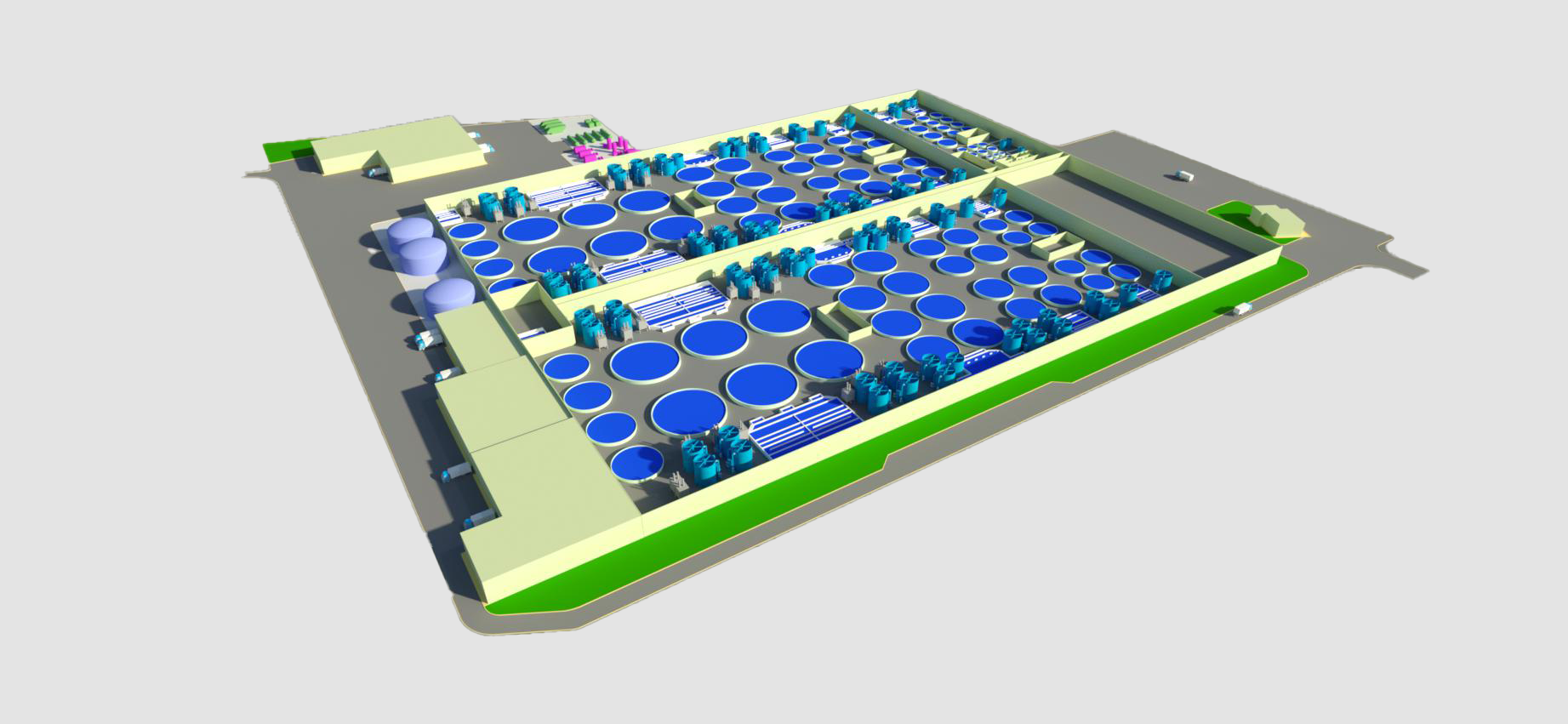
The Recirculating Aquaculture System (RAS) is a type of land-based aquaculture production platform used to raise a variety of aquaculture species, including Atlantic salmon, in a highly controlled environment.
The most efficient fish production facility
The entire production cycle, from egg to salmon of production size, takes place in tanks, with controlled parameters such as;
1- Water quality, oxygen content, temperature, fish density (beyond government regulations).
2- Feeding and growth are continuously monitored throughout the two-year rearing cycle.
This type of gentle nurturing atmosphere helps each fish reach its full biological growth potential and limits disease challenges by eliminating parasites, predators and environmental stresses (storms, temperature changes), usually present in many salmon farming sites at sea.
Advanced technology to optimize production results
AquaBoreal’s expertise in RAS has a clear advantage and puts this project at the forefront of the industry. By offering a responsible land-based aquaculture system, AquaBoreal aims to produce 10,000 tonnes of local salmon for the local market during the first phase of the project.
A system that respects the environment
Recirculating aquaculture systems (RAS) are known for their very low impact on the environment, thanks to the control of water quality, thus reducing the risks of pollution and contamination of the surrounding aquatic ecosystems. In addition, agricultural products from the farm, such as fish biowaste or sludge, can be collected daily and used as natural fertilizers or to produce compost for agricultural purposes. This circular practice minimizes waste and promotes a sustainable approach to aquaculture, where resources are used efficiently and responsibly, thus contributing to the preservation of the environment.
Any questions?
Our FAQ section gathers the most frequently asked questions. If you can’t find the answers you’re looking for, we invite you to use the contact form to share your inquiries with us.
Contact
Feel free to contact our team to find out more.

